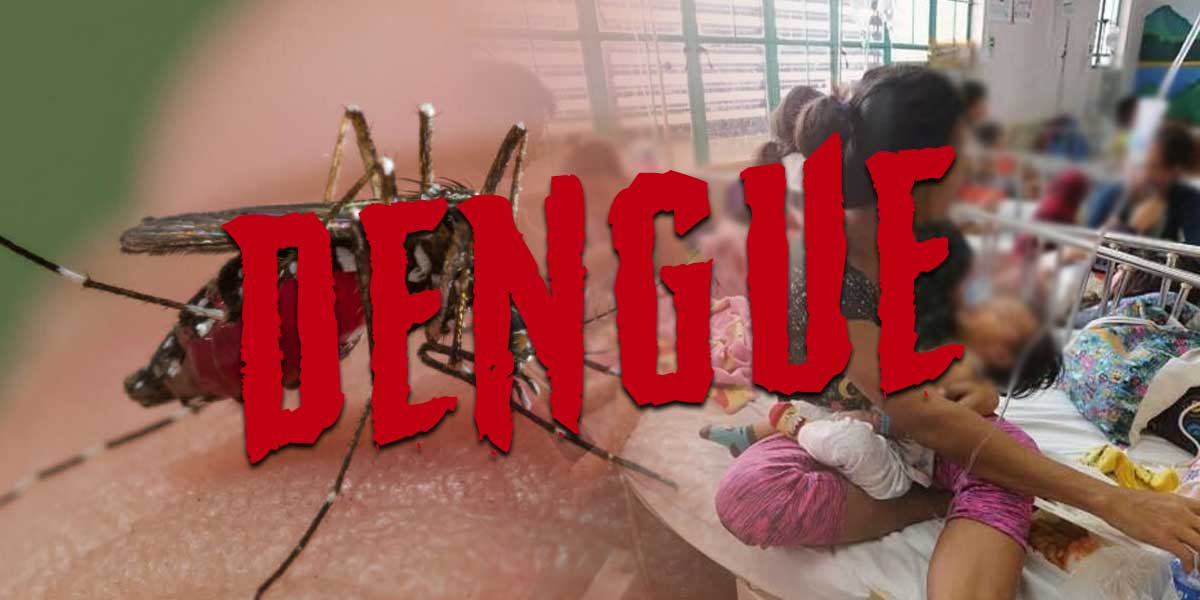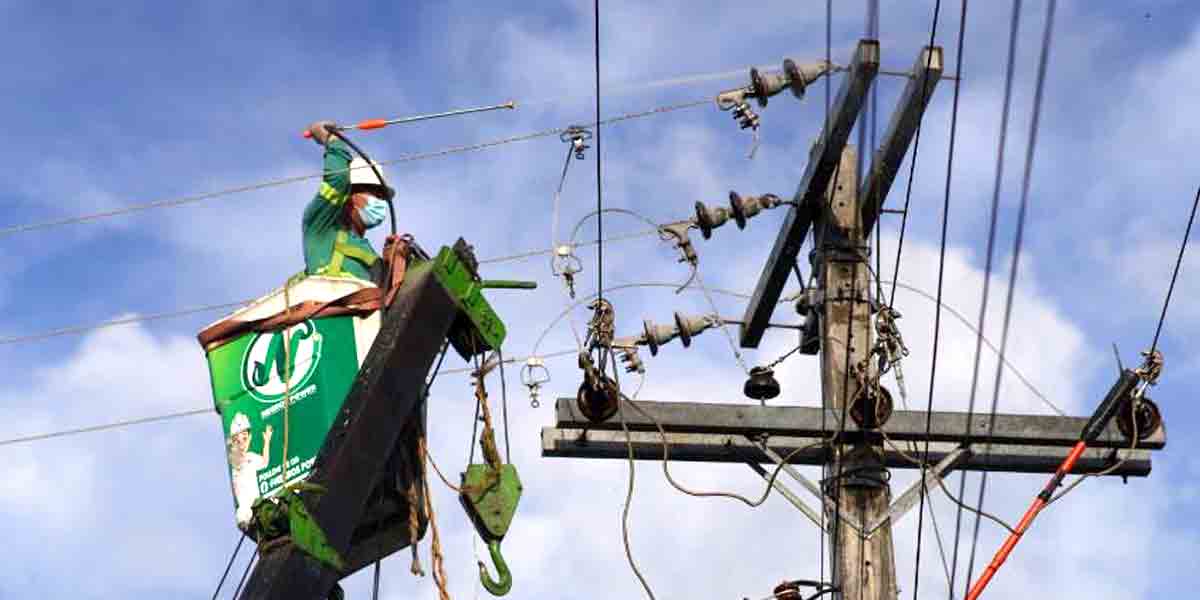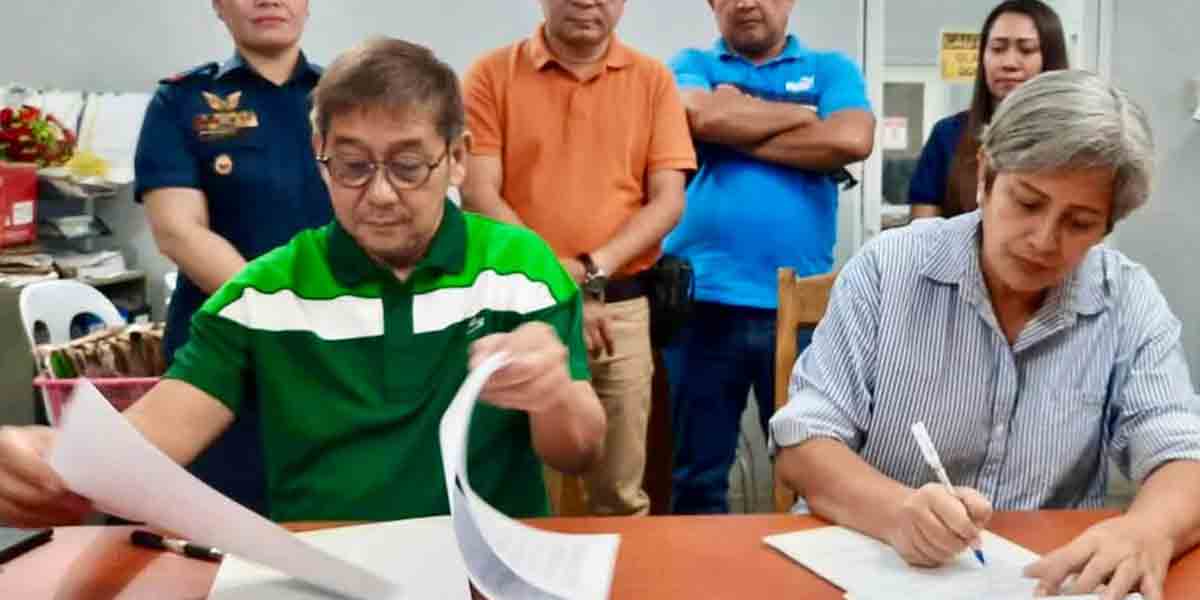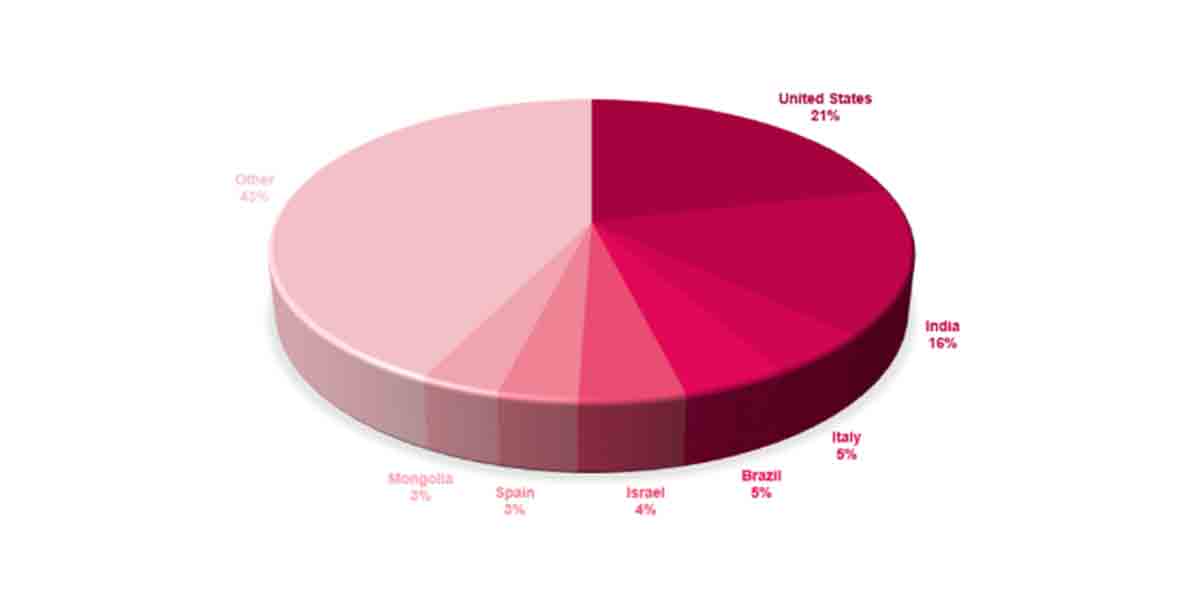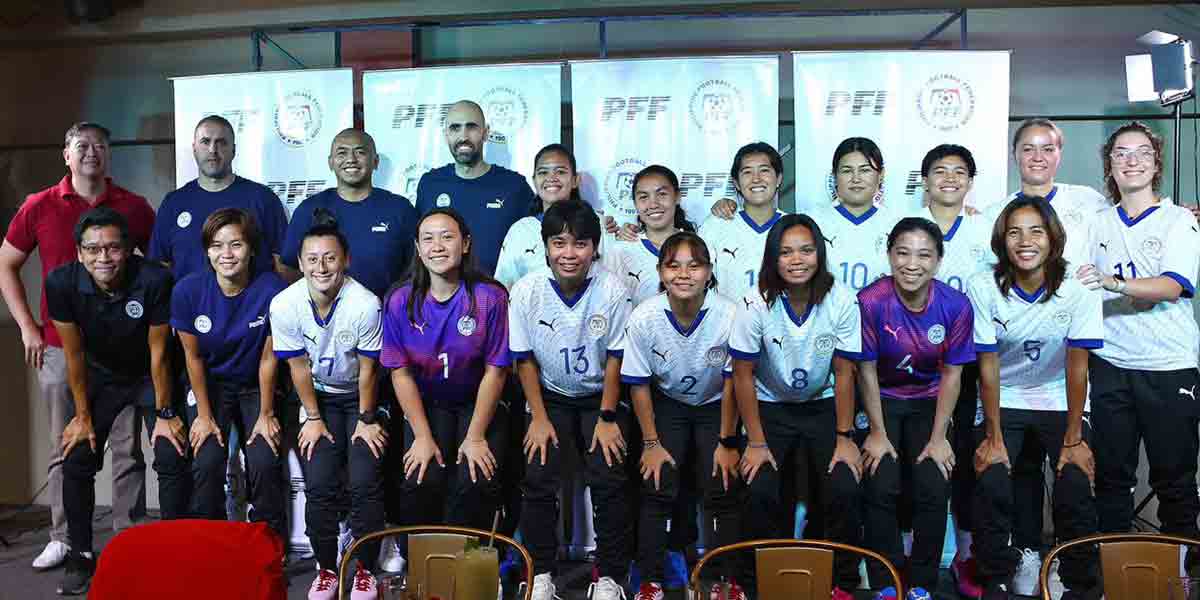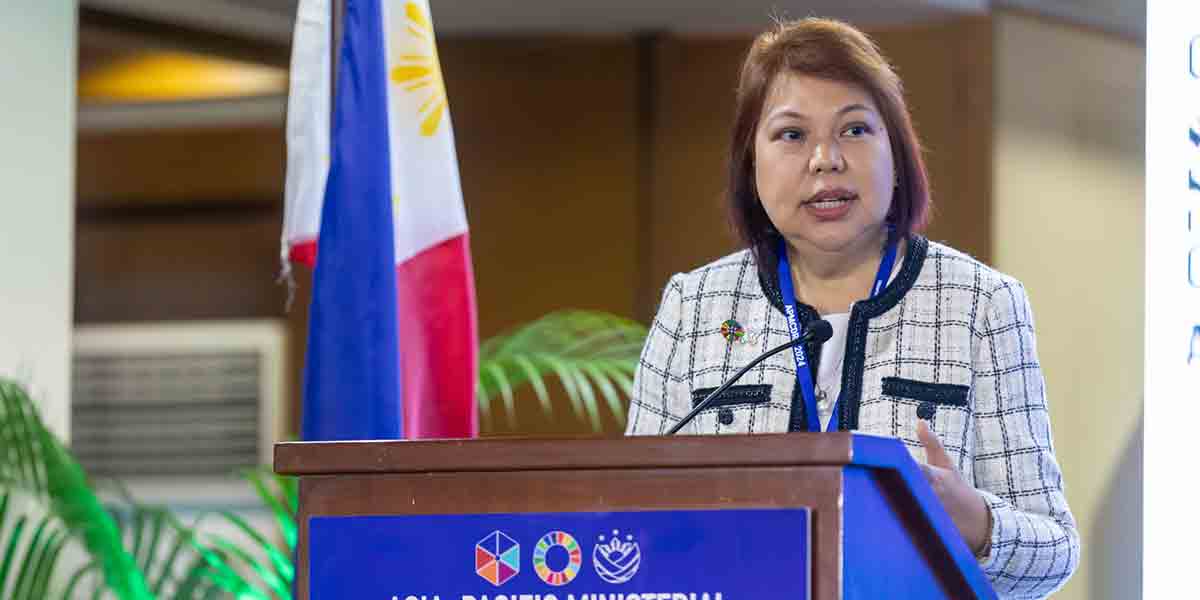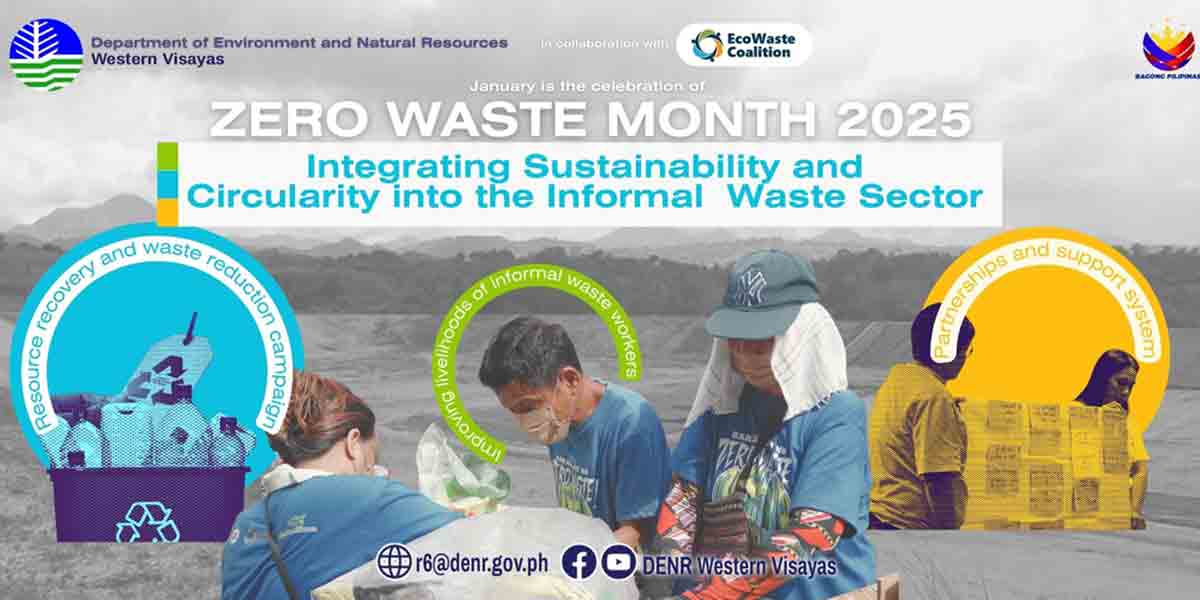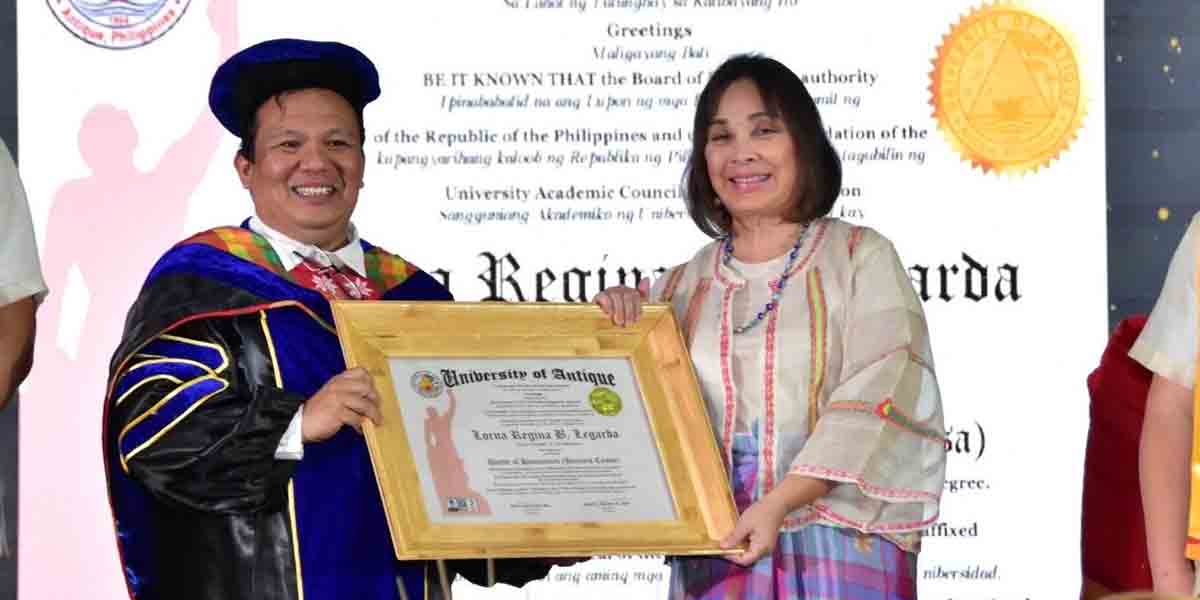By Joshua Corcuera
I wrote this article this Friday morning, October 7 and learned that it has been a year since former Vice President Leni Robredo announced her presidential bid. Time flies so fast.
While she ultimately lost her bid, receiving more than 15 million votes, and nearly 30% of the vote is not that bad, though of course it’s not good as well because one runs for president to win the presidency, not to settle for second place. In the weeks prior to the filing of candidates’ certificates of candidacy, however, who would have thought that the lawyer-turned-public servant would end up with a decent finish. After all, her ratings before October 2021 were low as it cannot even reach double-digits back then.
But, after filing her certificate of candidacy, her ratings went up to above a fifth of the voting population and her campaign managed to maintain such numbers. Her survey numbers, however decent it may seem, is far behind the frontrunner, Ferdinand Marcos Jr., who is now the incumbent president. What is peculiar with the 2022 presidential election is how unprecedentedly strong Marcos Jr. was. For context, former president Duterte also had survey numbers playing around 25% at some point during the 2016 campaign which is comparable to that of Robredo’s numbers in 2022. The difference, however, is that Duterte’s opponents only had similar numbers and were not that distant at all.
So why was Robredo far behind? Not because she is weak or very unpopular, it just happened that (1) the frontrunner was more preferred and (2) other candidates, such as Domagoso, Lacson, and Pacquiao, are too weak. As a matter of fact, all three of them cannot push their survey numbers to double digits during the height of the campaign. To illustrate further, when the campaign was heating up, their survey numbers combined cannot even exceed Robredo’s numbers alone. If only they managed to eat some of Marcos’ numbers, then the election could have been more competitive, and it could have been everybody’s game. But it is what it is. Marcos Jr. won this time, and Robredo cannot help but give us a good fight and provide hope in the future.
Despite losing the elections, Robredo continues to serve the masses with her Angat Buhay non-government organization (NGO) which has several initiatives to uplift those who are in need. During the onslaught of Super Typhoon Karding recently, the said NGO has been active in reaching out aid to the storm’s victims. Furthermore, the NGO had programs for education in selected areas. More importantly, Robredo is currently at the prestigious Harvard University as she was chosen to be one of the Hauser leaders for Fall 2022.
Coincidentally, today is the 100th day of the president in office. To be fair, there are ambitious plans to improve the economic circumstances of the country such as sustaining GDP growth and investing in infrastructure. While these may be good plans, it remains to be seen if these would be executed well. Moreover, there are urgent issues that the new government must address such as controlling inflation.
A recent Pulse Asia survey found that inflation is the concern of two-thirds of Filipinos, the only national issue which concerns the majority of the population. The survey firm found that 42% of Filipinos disapprove of how the government addresses this problem as opposed to 31% who approve. Likewise, poverty reduction concerns a third of Filipinos with 26% of the population disapproving the efforts of those in power in reducing poverty, while 39% answered on the contrary.
While the government scored good in other issues, such as controlling COVID-19 and responding to calamities, among others, these issues only concern a minority of the population. For instance, only 5% said that controlling COVID-19 is one of their top 3 concerns, according to Pulse Asia, and no one even cited calamity response as one of their top 3 concerns. Henceforth, it is imperative for the-powers-that-be to set a plan soon on how to mitigate inflation as this concerns the vast majority of the people. If left unattended, some argue that it may have a bearing on the new government’s popularity and public trust.

